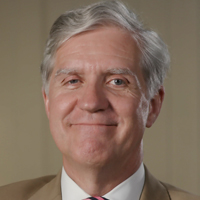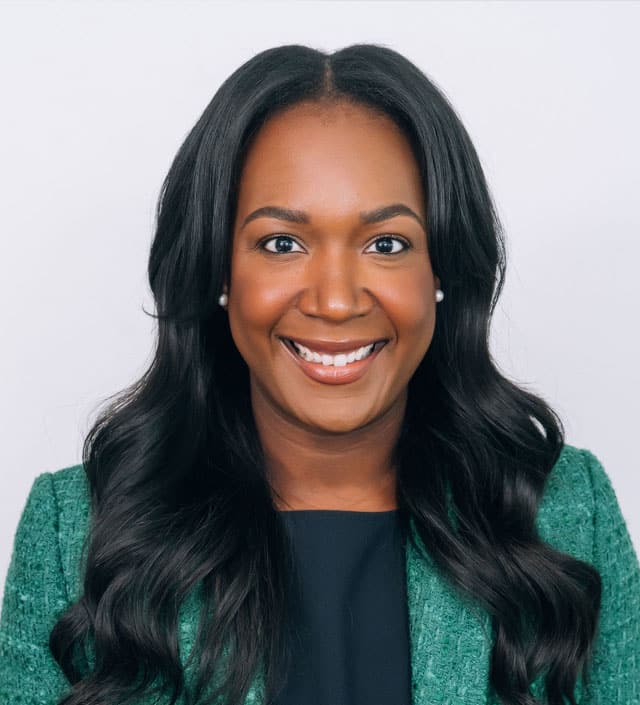
People who use a financial advisor are three times happier than those who don’t, according to research conducted by Herbers & Company, a business management consultancy. And happy clients are loyal clients. They provide referrals. Loyalty also increases with age among high-net-worth individuals, according to consulting and research firm Spectrem Group.
But winning a client’s business isn’t a guarantee you can retain it for the long haul. So, how do you keep your older clients happy? Here are some points that apply to people of all ages. You can use them with clients and anyone in your life.
1. Under-promise and overdeliver
Customer service has suffered in recent years. Unfortunately, people are used to deliveries that don’t arrive and people who say they will call back and don’t. Overpromising or making ambitious commitments sets you up for failure.
Instead: Give a realist estimate when something will get done. Build in a cushion. Work hard to get it done before the deadline. Call and let them know you got it done early. They should be thrilled.
2. Do not call them when you are under time pressure
Sometimes we call minutes before someone is expected for an appointment or a meeting is going to start. We assume we will be getting voicemail and are surprised when the person picks up the phone. Under these circumstances, you find yourself hurrying them off the phone after you initiated the call. This is annoying.
Instead: Set aside uninterrupted time to initiate and return phone calls. Understand they might say, “I am glad you called” and extend the call beyond the time you expected.
3. Get into a rhythm of communication
Older people are comfortable with routine. It makes them happy. We have an 80-year-old friend we call on Tuesdays at 5:00 p.m. He answers the phone saying, “It’s like clockwork!” Calling at random times doesn’t allow people to set time aside, prepare beforehand and focus on their investments.
Instead: Work with your client to schedule mutually-convenient quarterly reviews (possibly by phone), an annual face-to-face review and monthly calls where you are basically checking in to see if something is on their mind.
4. Make house calls
As people get older, getting around can become more difficult. This doesn’t necessarily mean physical problems; it means driving to your office, fighting traffic and finding parking can be a chore. Your client might even opt to skip the meeting.
Instead: Sometime before the meeting, ask your client, “Do you want to come to me or should I come to you?” We all have good days and bad days.
5. Bring good news
We turn on the TV to bad news in the morning. The newspaper delivers more. Friends die. The survivors go to funerals. We all need some good news. Your entire interaction doesn’t need to start and end with investments. Good news might involve your family or personal life.
Instead: Think of positive topics of discussion so a call with you will leave them uplifted and in good spirits. They will look forward to your calls.
6. Write to them
Few people write letters anymore. We’re all busy, and some of us are hesitant to acknowledge the personal aspect of clients’ lives. Don’t be. Many people like to be remembered, especially on their birthdays, anniversaries and holidays.
Instead: Go out of your way to write cards and letters that have “staying power.” People keep them. Send a typed, personal letter regarding how they should prepare for their annual review. Send them a postcard when you are on vacation.
7. Talk about family
Clients might have children, grandchildren and great grandchildren. These offspring are often a source of pride. Sometimes family members drift away. They want someone to talk things through with them, knowing the conversation won’t get retold through the family grapevine.
Instead: People like talking about their family. Let them brag a bit. Shares stories about your family to get them talking, too.
8. Talk as if they will live forever
Some older people get to a point where they seem to stop living. They feel death is around the corner. They stop traveling. They see friends less and less. Don’t talk in a way that implies they should not be thinking long term.
Instead: Be a solution provider. They can travel.They might be older, but that’s the demographic important to cruise lines. Yes, the old neighbors moved away. Make it a point to meet the new neighbors. Get them thinking their life will go on for some considerable time.
9. Remind them they are an important client.
Older people are sometimes treated as if they are invisible. This can get them depressed. You can change that, at least in a small way.
Instead: Remind them how long you have worked together. Let them know you enjoy the relationship. Review the highlights, how they put their grandchildren through college. Help them feel good about themselves.
One thread runs through all these ideas: Be considerate and patient. OK, that is two threads. Young or old, this should make a big difference to your clients.
Bryce Sanders is president of Perceptive Business Solutions Inc. He provides HNW client acquisition training for the financial services industry. His book, “Captivating the Wealthy Investor,” is available on Amazon.







